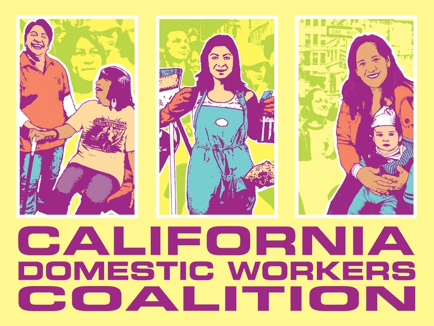The Nation |
Around 20 years ago, Julia found a job as a nanny with what seemed to be the perfect family. Having arrived in Connecticut from Ecuador a few years earlier, she was grateful to have secured employment, and the family seemed like a particularly great match: The mother was fluent in Spanish and the kids wanted to learn it.
But soon, the job presented problems for Julia, who uses a pseudonym because of confidentiality agreements with previous employers and her immigration status. She often worked long hours on low wages. She didn’t receive overtime or lunch breaks. Family members often screamed at her. “There was no consideration of if you were human,” said Julia. “I thought, ‘Why did you give me that treatment? Why did you yell at me?’ But you cannot say all those things because you are afraid. You need that job.”
After the mother demanded that Julia start cooking for the family, which she was not comfortable with, Julia was fired. Six months later, the family asked her to come back, but having already secured another job, Julia declined. And then the family retaliated. She heard from a number of people that the family was spreading false information about her and telling other families that they shouldn’t hire her. “It was a nightmare.”
At that time, it’s unlikely that such treatment was illegal. Domestic workers, a group that includes house cleaners, nannies, and care workers, have long been excluded from most labor protections. Over the last 15 years, three cities and 10 states, including Connecticut, have sought to change that, passing a “Domestic Worker Bill of Rights,” which often include policies for mandatory written contracts, paid time off, overtime, and discrimination protections. A national bill for a Domestic Workers’ Bill of Rights was also introduced in Congress in 2021, and is set to be re-introduced this year. These laws have aimed to better regulate a type of employer-employee relationship that has for centuries been informal, unsupervised, and—consequently—plagued by abuse.
